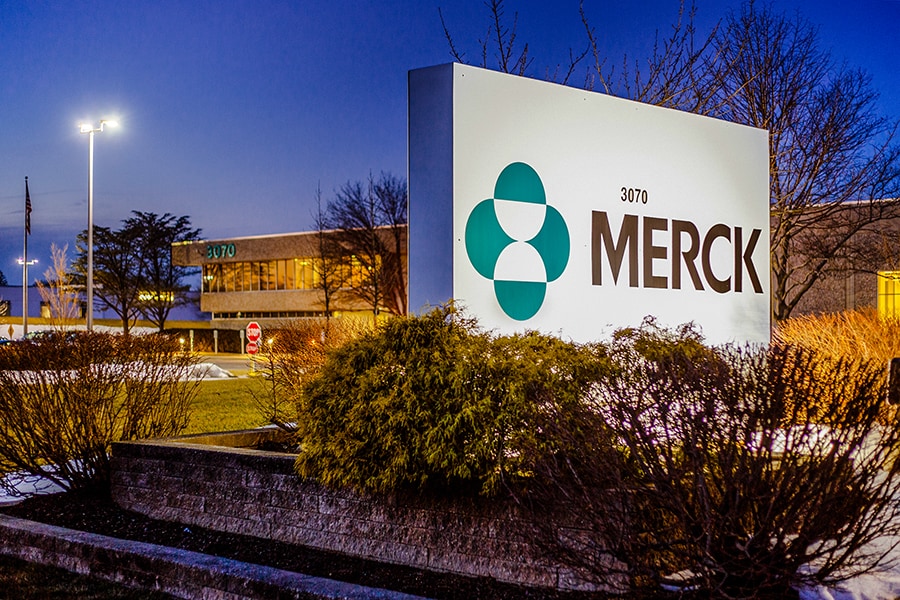
A pill to treat Covid-19? The U.S. is betting on it
If all goes well, some of those first pills could be ready by the end of the year
 Image: Shutterstock
Image: Shutterstock
The U.S. government spent more than $18 billion last year funding drugmakers to make a COVID vaccine, an effort that led to at least five highly effective shots in record time. Now it is pouring more than $3 billion on a neglected area of research: developing pills to fight the virus early in the course of infection, potentially saving many lives in the years to come.
The new program, announced Thursday by the Department of Health and Human Services, will speed up the clinical trials of a few promising drug candidates. If all goes well, some of those first pills could be ready by the end of the year. The Antiviral Program for Pandemics will also support research on entirely new drugs — not just for the coronavirus, but for viruses that could cause future pandemics.
A number of other viruses, including influenza, HIV and hepatitis C, can be treated with a simple pill. But despite more than a year of research, no such pill exists to treat someone with a coronavirus infection before it wreaks havoc. Operation Warp Speed, the Trump administration’s program for accelerating COVID-19 research, invested far more money in the development of vaccines than of treatments, a gap that the new program will try to fill.
Dr. Anthony Fauci, director of the National Institute of Allergy and Infectious Diseases and a key backer of the program, said he looked forward to a time when COVID-19 patients could pick up antiviral pills from a pharmacy as soon as they tested positive for the coronavirus or develop COVID-19 symptoms.
“I wake up in the morning, I don’t feel very well, my sense of smell and taste go away, I get a sore throat,” Fauci said in an interview. “I call up my doctor, and I say, ‘I have COVID, and I need a prescription.’”
©2019 New York Times News Service




